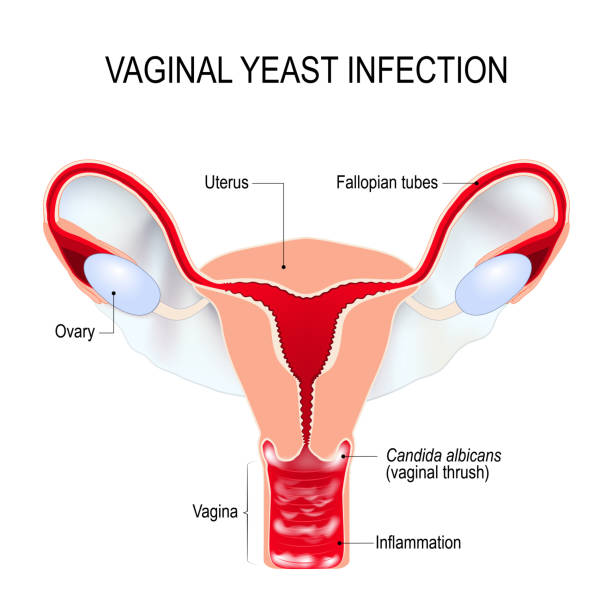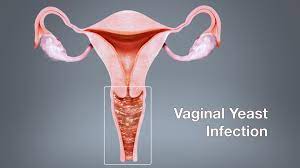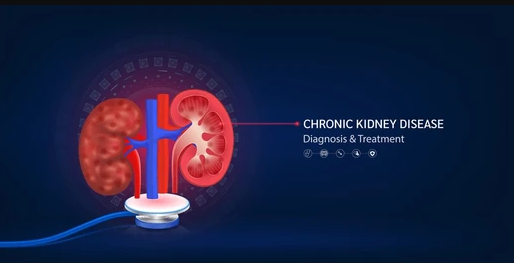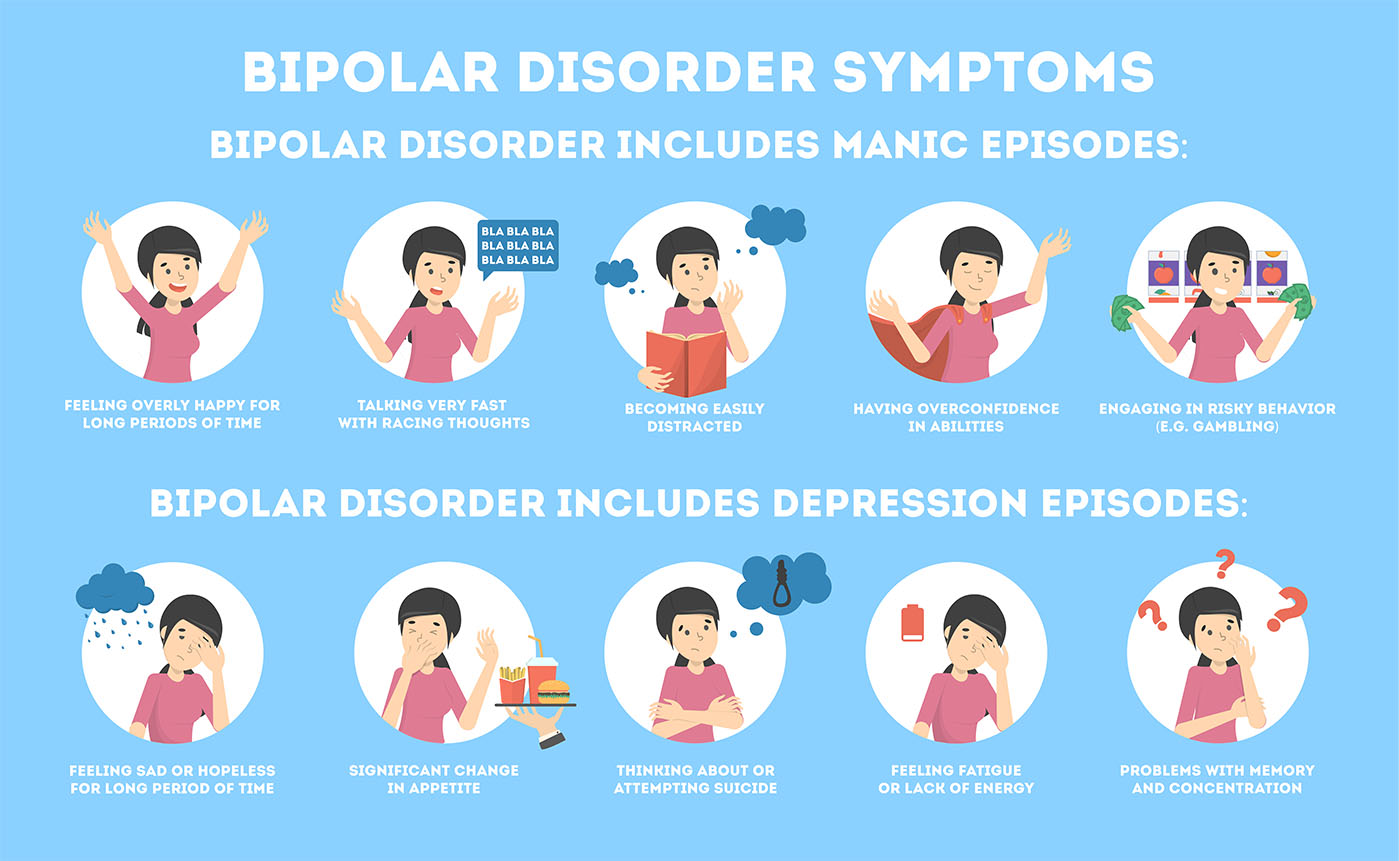A vaginal yeast infection: what is it?
One kind of yeast infection is a vaginal infection. Vaginal yeast infections are caused by a form of yeast called candida that is present in your body. A particular kind of fungus is called candida, and yeast is one of the vaginal yeast infection medications. There are no issues when your body’s balance of these yeasts is maintained. However, yeast develops quickly when it is out of equilibrium best over the counter yeast infection treatment, which can lead to a yeast infection. Burning, itching, redness in the vulva (the outer region of the vagina), and changes in vaginal discharge are all signs of a yeast infection. A sexually transmitted infection (STI) is different from a yeast infection.

Vulvovaginal candidiasis and vaginal candidiasis are other terms for vaginal yeast infection. Vaginal yeast infection is a subtype of vaginitis, a painful, puffy, and sometimes infected vaginal illness natural remedy for yeast infection. While vaginal yeast infections are one of the most prevalent types of vaginitis, there are other varieties as well, all with similar symptoms, over the counter yeast infection.
Why do female vaginal yeast infection treatment occur?
An overabundance of yeast in specific body areas is the primary cause of a yeast infection treatment.
A yeast infection can occur for a variety of reasons, such as:
- Hormones: Modifications during menopause, nursing, pregnancy, or the menstrual cycle can affect the yeast balance in your vagina.
- Sex: While vaginosis is not an STD, the yeast can spread from person to person during intercourse. Furthermore, sexual activity can alter the bacterial composition of your vagina.
- Diabetes: Yeast can proliferate in the vaginal lining due to elevated sugar levels.
- Antibiotics: A lot of the “good” bacteria in your vagina can be killed by these drugs.
- Vaginal sprays and douches : have the ability to alter the yeast equilibrium in your vagina.
Weakened immune system: Individuals who have an autoimmune disease, are HIV positive, or are immunocompromised may be more vulnerable to vaginal yeast infections treatment.
- Weakened immune system: Individuals who have an autoimmune disease, are HIV positive, or are immunocompromised may be more vulnerable to vaginal yeast infections.
Who Becomes Infected with Vaginal Yeast?
A yeast infection can affect anyone who has a vagina best over the counter yeast infection treatment. They usually start before menopause and after puberty. Although several things can increase your risk, yeast infections are prevalent and easily treated with vaginal yeast infection medication.
Throughout their lives, up to 75% of women or those who were classified as female at birth (AFAB) will get at least one vaginal yeast infection, and over half will experience two or more natural remedies for yeast infection. The second most frequent cause of vaginitis (the most prevalent bacterial vaginosis) is yeast infections.
How can vaginal yeast infections be avoided?
It’s likely that you are well aware of what caused your yeast infection. Some individuals, for instance, have these infections each time they take antibiotics best over the counter yeast infection treatment.
Regardless of the precise cause, follow these suggestions to prevent recurrent infections.
Try this:
- Maintaining a diet in balance.
- Consuming yogurt or taking lactobacillus-containing probiotics.
- Donning organic materials like silk, linen, or cotton.
- Scrubbing panties in hot water.
Don’t:
- Wearing leggings, tights, pantyhose, or tight pants.
- Utilizing items marketed as “feminine hygiene.”
- Putting on damp clothes for a long time, especially bathing suits.
- Taking many hot baths or spending a lot of time in hot tubs.
Signs and symptoms –
The signs of a yeast infection in the vagina are many. These signs could consist of:
- The sensation of burning or itching in the vulva and vagina.
- Thick, white vaginal discharge that resembles cottage cheese in substance.
- Your vulva and vagina are swollen and red.
- Due to the delicate skin in this area, your vulva may have little cuts or cracks.
- Burning when you need to go to the toilet.
- Pain during intercourse may occasionally be another sign of a vaginal yeast infection.
A vaginal infection or other sexually transmitted infection (STI) can cause symptoms that are similar to those of a yeast infection. Get in touch with your healthcare practitioner if you have any of these symptoms so they can assess your natural remedies for yeast infection.
How are yeast infections in the vagina diagnosed?
Diagnosing yeast infections is simple. Your physician will question your medical history. This includes any prior history of yeast infections. Inquiries about past STIs (sexually transmitted diseases) may also be made for vaginal yeast infection medication.
A pelvic examination comes next. Your physician will examine your cervix and vaginal walls. Additionally, they will search the neighborhood for any apparent indications of infection.
Taking cells from your vagina may be the next step, depending on what your doctor observes best over the counter yeast infection treatment. These cells are sent to a lab for analysis. People who get yeast infections frequently or whose infections don’t go away are typically instructed to have lab testing done on natural remedies for yeast infection.
Which tests are performed to identify yeast infections in the vagina?
Your healthcare physician will recommend the most appropriate course of action for you, as each case of yeast infection is unique best over the counter yeast infection treatment. The intensity of your symptoms determines how you will be treated.
straightforward yeast infections:
Physicians typically prescribe an antifungal cream, ointment, pill, or suppository for 1-6 days to treat uncomplicated yeast infections. These drugs may be available over-the-counter (OTC) or via prescription over the counter yeast infection.
By asking about your symptoms and medical history, doing a pelvic exam, and obtaining a sample of your vaginal discharge, doctors can diagnose a vaginal yeast infection. A sample can be tested to find out if you have a yeast infection. Tests could consist of:
- A wet test is used to check for the presence of other organisms or yeast.
- Culture of the vagina. This may verify if you are infected with yeast.
- A blood test to determine whether you have a medical condition that increases your risk of developing yeast infections.
Do periods and vaginal yeast infections have a connection?
Period pain and yeast infection can feel like a double whammy. But this is not out of the ordinary. The final few days before your menstrual cycle are when yeast infections are most prone to happen best over the counter for illness.Premenstrual yeast infections are thought to be caused by hormonal fluctuations that upset the average balance of good bacteria in the vagina.
- It’s not always a yeast infection if you have a white to yellowish discharge in the week leading up to your period unless you also have other telltale signs like redness, burning, and itching.
- Despite the discomfort, early therapy might help clean up a yeast infection before your period arrives. If you continue to experience yeast infections before your period or if your symptoms do not get better after your period ends, see a medical expert for natural remedies for yeast infection.
Should you treat your sexual partner if you have a yeast infection in my vagina?
It is possible to infect your partner with yeast. Your partner is vulnerable and should keep an eye out for symptoms if they have a vagina. The likelihood of spreading a yeast infection is very minimal if your companion has a penis or no vagina.
A word from the Cleveland Clinic-
Most women or that designated female at birth (AFAB) will, at some point in their lives, experience yeast infections, which are relatively common over the counter yeast infection.. It is treatable with medicine, some of which you may get over-the-counter at your neighborhood pharmacy natural remedies for yeast infection treatment. Even if you might be aware of the signs of a vaginal yeast infection, it’s still advisable to see your doctor. Depending on the kind and intensity of your yeast infection, they can advise you on the best course of action: vaginal yeast infection medication.
When to consult a Doctor?
It’s wise to contact a healthcare provider whenever you detect new symptoms throughout treatment or if your symptoms worsen. Additionally, you should schedule an appointment if your persistent irritation is unrelated to your yeast infection symptoms.
Remember that there are significant cases of yeast infections. Generally speaking, you should schedule a visit with your doctor if:
- You’re expecting a child.
- Over four yeast infections have plagued you in the last year.
- Because of your medicine, your immune system is impaired.
- You have uncontrolled diabetes.
- You’re HIV positive.
- Do you notice enough swelling, redness, or itching for
- Create rips or ulcers in the tissue of your vagina.
In cases of more severe yeast infections, your physician might advise:
- Fluconazole, an oral pill or liquid used to treat fungal infections like candidiasis, in multiple doses.
- Topical antifungal therapy with drugs like miconazole (Monistat).
- Treatment for vaginal infections with a prescription tablet or suppository, like terconazole (Terazol).
Treatment-
The severity and frequency of your illnesses will determine how you are treated for yeast infections. Your doctor might advise the following for infrequent episodes and mild to moderate symptoms:
brief vaginal treatment. A three-to seven-day course of antifungal treatment will typically eradicate the yeast infection. The antifungal drugs miconazole (monistat 3) and terconazole come in cream, ointment, pill, and suppository forms. A prescription is required to purchase some of these medications; others are available over-the-counter yeast infection treatment.
Oral medicine is taken once. Your physician might recommend taking fluconazole (Diflucan) orally once. If you are pregnant, oral medication is not advised. You can take two single doses three days apart to treat more severe symptoms best over the counter yeast infection treatment.
Prolonged vaginal treatment. An antifungal medication may be prescribed by your doctor to be taken once a week for six months after up to two weeks of daily use.
Oral medicine. is administered in multiple doses. Instead of vaginal therapy, your doctor may recommend two or three oral doses of an antifungal. Pregnant women are not advised to have this therapy, nevertheless over the counter yeast infection.
Treatment that is azole-resistant. Your physician might suggest taking a vaginally inserted pill called boric acid. This medication is solely used to treat candida fungus resistant to standard antifungals, and taking it orally can be lethal natural remedies for yeast infection.
Complementary medicine-
It is not established that any natural medicine can treat vaginal yeast infections. When paired with the treatment prescribed by your physician, specific complementary and alternative therapies may offer some relief from vaginal yeast infection medication.
Consult your physician about any safe alternative therapies for your vaginal yeast infection.
Additional advice on treating vaginal yeast infections-
The following advice can assist in avoiding further yeast infections:
- Restrict your intake of processed meals and sweets. Sugar is the food of yeast.
- Add yogurt or supplements containing Lactobacillus to your diet.
- Put on baggy cotton pants.When cleaning, use a gentle, fragrance-free detergent and wash them in hot water.
- Refrain from spending extended amounts of time in swimwear or damp trousers.
- The growth of yeast requires a warm, humid atmosphere.
- Antibiotics should only be used when needed.
- A doctor should always advise against douching. You should also stay away from scented vaginal creams and spray deodorant over the counter yeast infection.



